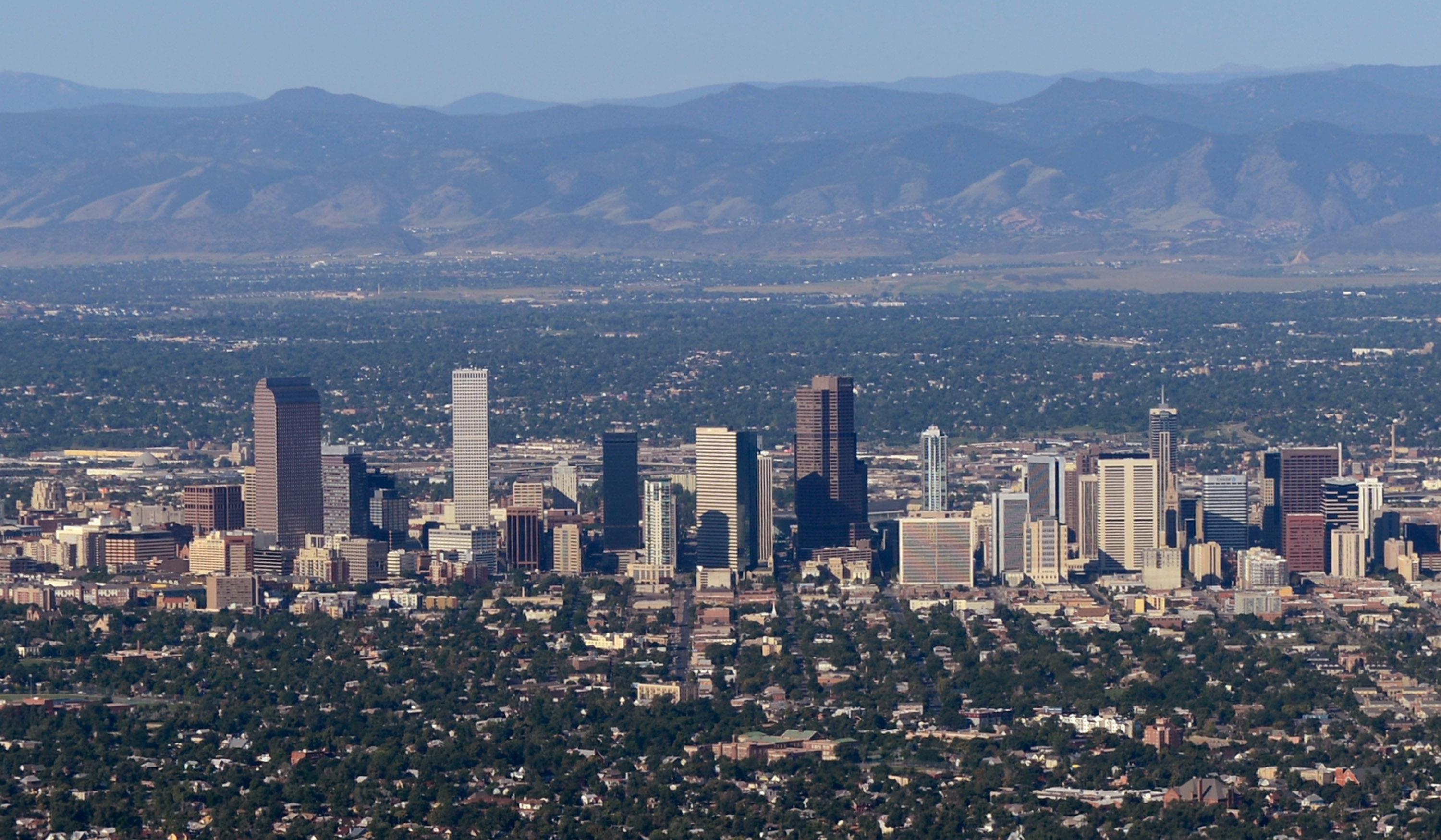The state of Colorado has become one of the leaders in adopting anti-Uber regulations designed to protect the franchises of incumbent taxi license holders. The local interest groups somehow persuaded the Colorado Public Utilities Commission to adopt a set of new anti-Uber rules including a prohibition on limos parking within 200 feet of a bar, restaurant, or hotel. That’s obviously a great way to force people into hailing taxis rather than using an app to summon a limo, but also seems like a strange way of promoting drunk driving.
At any rate, the Federal Trade Commission has decided to express some concern about this rule and two other related provisions from the Colorado PUC. Going after efforts to use state and local government to entrench monopolies strikes me as outside the FTC’s traditional definition of its consumer protection mission, but it’s a pretty good idea. Popular discourse around the problem of monopoly often focuses on very big companies, which is natural, but an awful lot of commerce is essentially local in nature and bound up with the local rulemaking process.
